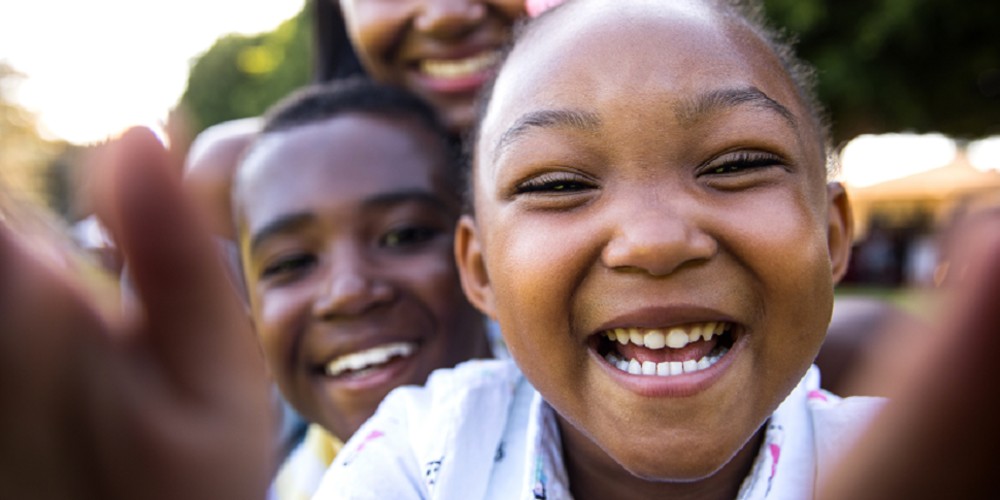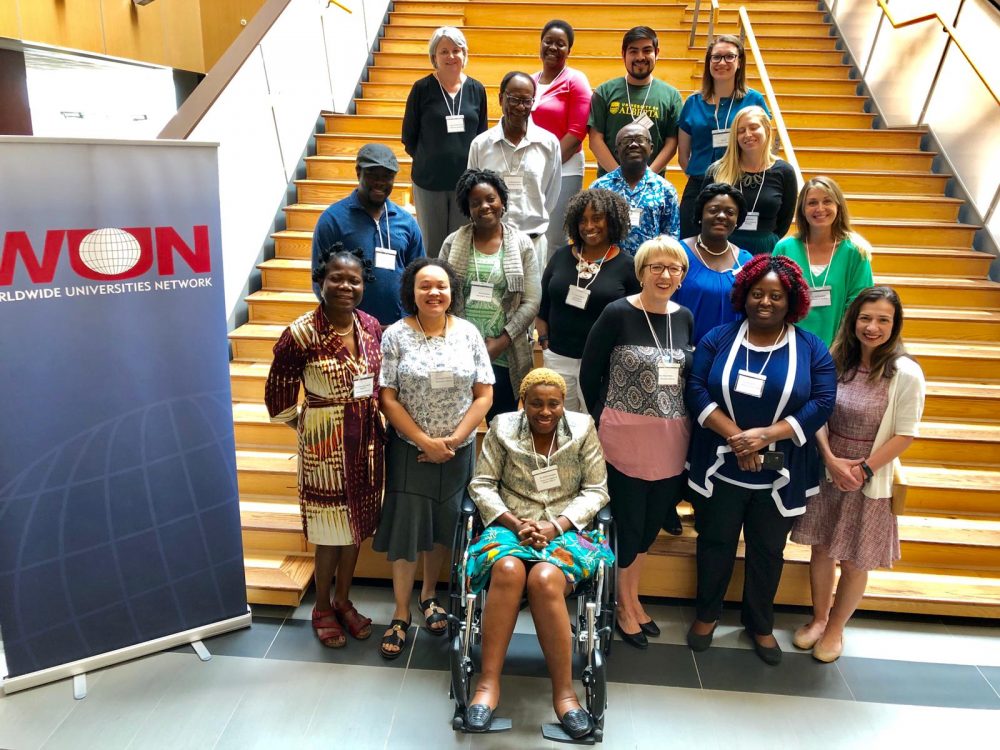
A global research group supported by WUN is working to boost the wellbeing of African children and young people who have migrated or been displaced. Many African communities have high rates of child and youth migration and displacement, and there is little research on what host countries can do to address the health and social challenges faced by these young people.
“On average, African children and youth have some of the poorest global health outcomes upon migration and displacement,” said principal investigator Bukola Oladunni Salami, an associate professor in nursing at the University of Alberta. “So there is a real need to begin addressing these outcomes, and to consider the ways in which various countries can learn from each other.”
The research group is collecting data in Ghana, Nigeria, Ethiopia, and Canada to explore and disseminate best practices for boosting wellbeing.
Salami emphasised that the challenges experienced by each migrant or displaced young person are context-specific, and depend on factors such as the pre-migration/displacement situation, the process of leaving or being moved, and the conditions faced after migration/displacement. Post-migration/displacement conditions may include “host country conditions, receptivity to migrants, issues related to discrimination and racism, access to care, and the resources and support that are available at the time of post-migration.”
The researchers have conducted a systematic review of literature on the health of African migrant children. A total of 188 published studies were included in the review. In general, target groups disproportionately experience poverty, reproductive and sexual health issues, mental health difficulties, high rates of infectious disease, struggles to access appropriate healthcare, and poor nutrition.
“Children and young people who move within the African continent are some of the most vulnerable”… Those who are internally displaced “face some of the worst outcomes in the world”
Children and young people who move within the African continent are some of the most vulnerable, said Salami. Those who are internally displaced “face some of the worst outcomes in the world,” she said, “because they remain in the country in which they may have been persecuted or experienced war, and they don’t have the international protection that other migrants normally have. So there is a real need to address wellbeing in these specific contexts.”
The research team, based in universities across the globe, has 32 members from a range of disciplines including nursing, population studies, public health, and social sciences. It is currently seeking additional funding to expand its network, and to engage more deeply at the policy level.

For Salami, involvement with WUN has been critical not only to the realisation of this particular project, but also for her own journey as a researcher and leader. “Through WUN, I have been mentored, I have grown, and I have gained insight into international partnership,” she said.
The WUN ‘African Child and Youth Wellbeing in the Context of Migration and Displacement’ group was established in 2018 and includes members from University of Alberta, The University of Auckland, University of Ghana, Maastricht University, University of Massachusetts Amherst, and The University of Sheffield, as well as WUN+ partners. For more information, see their WUN page.